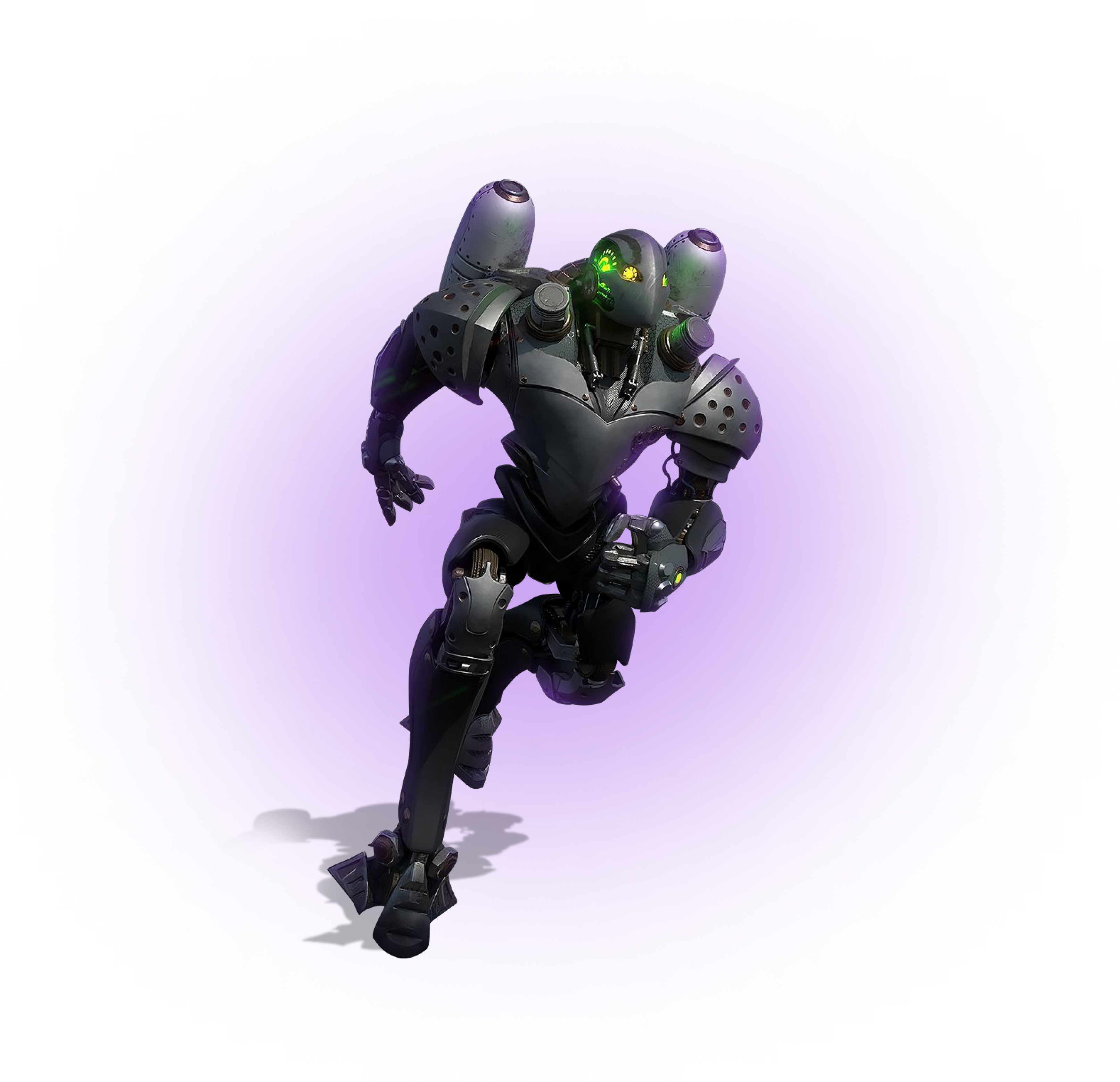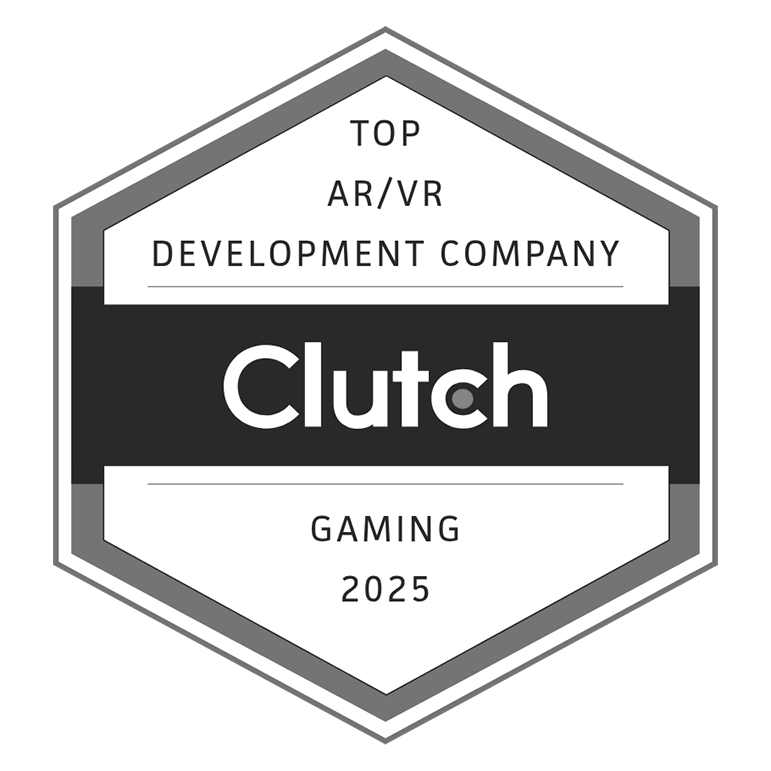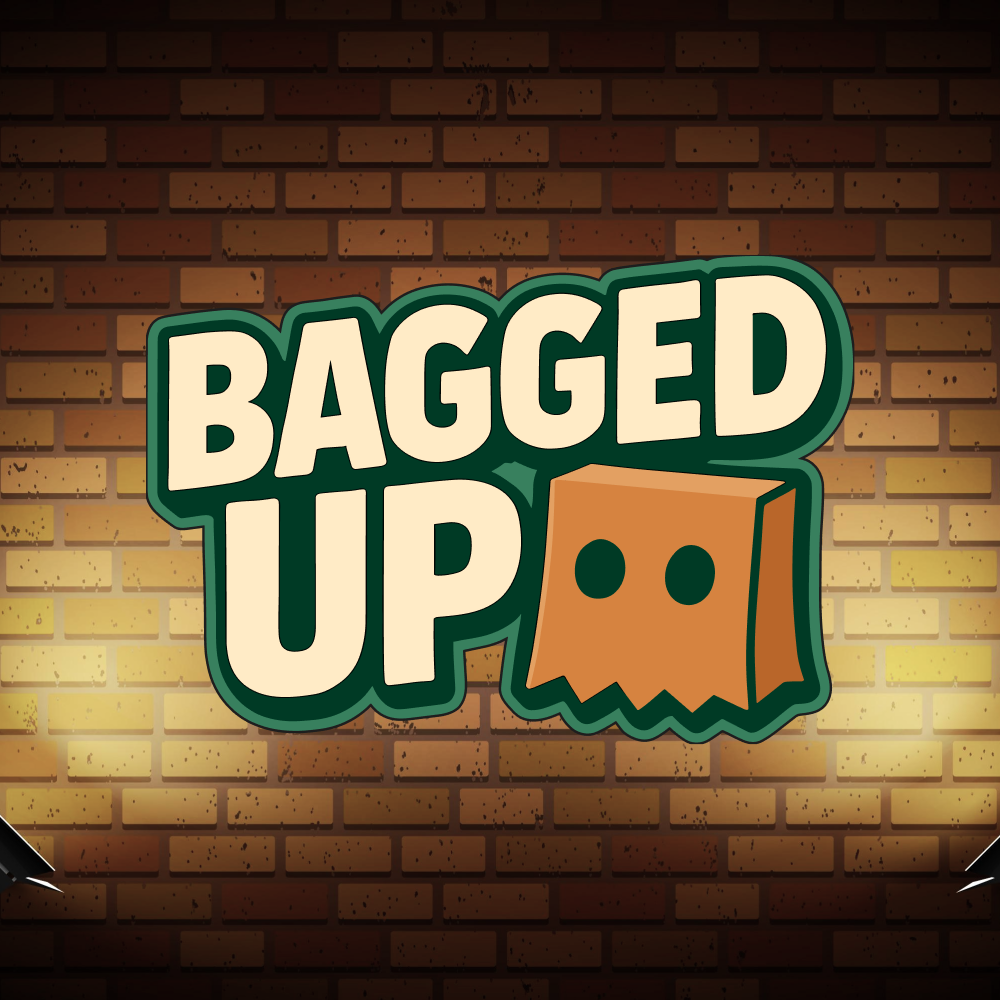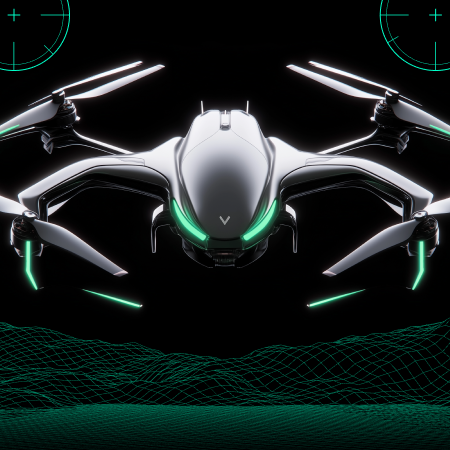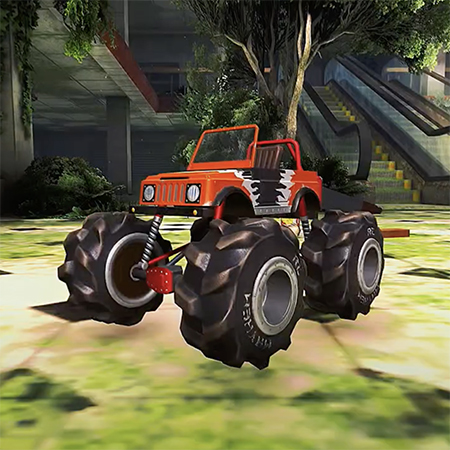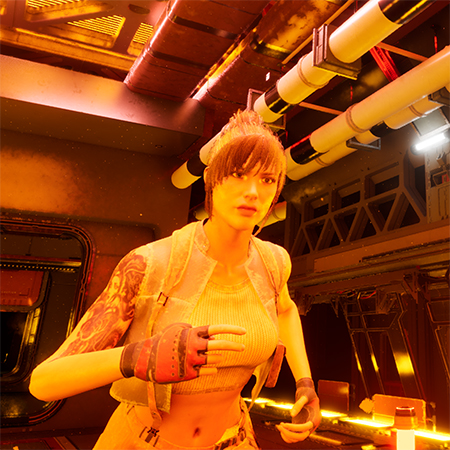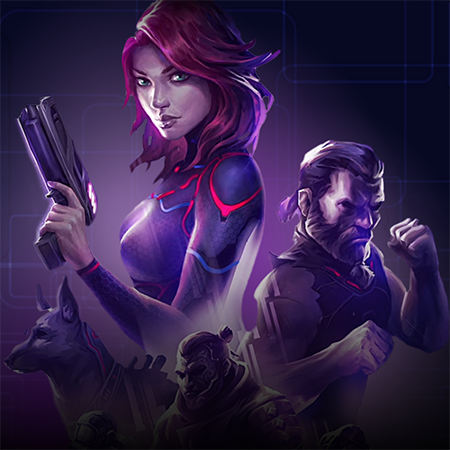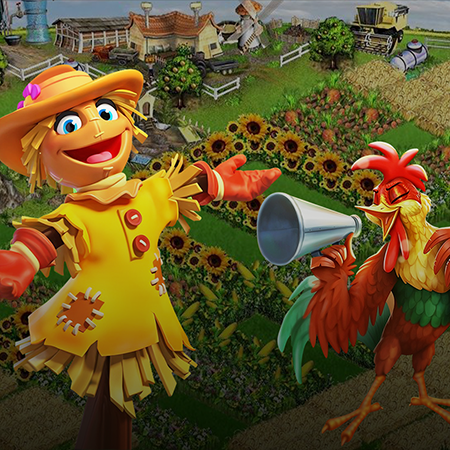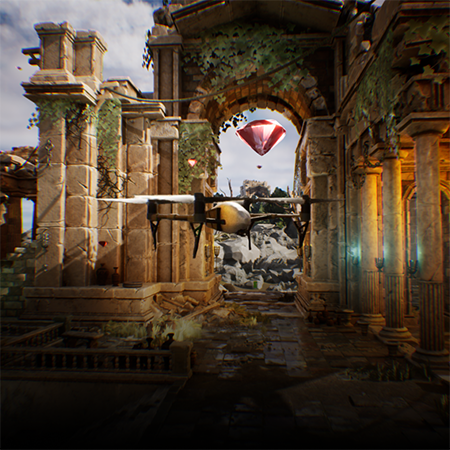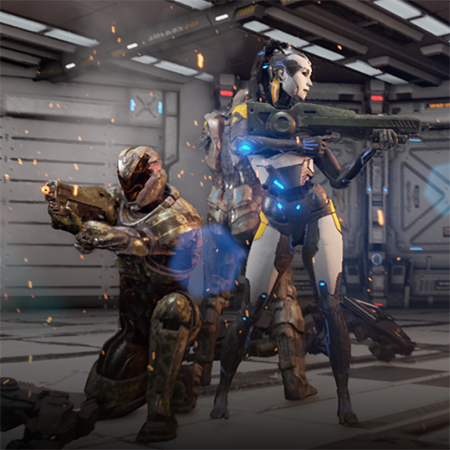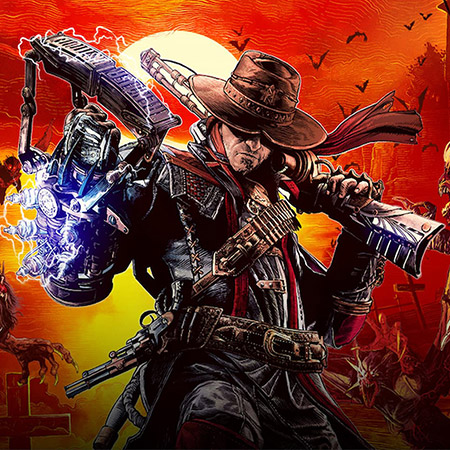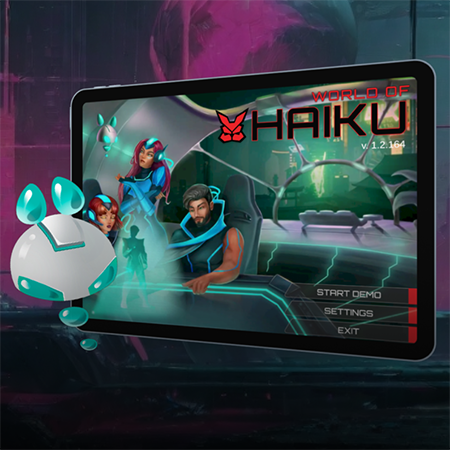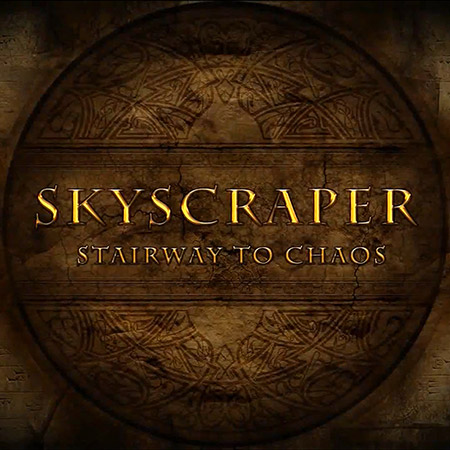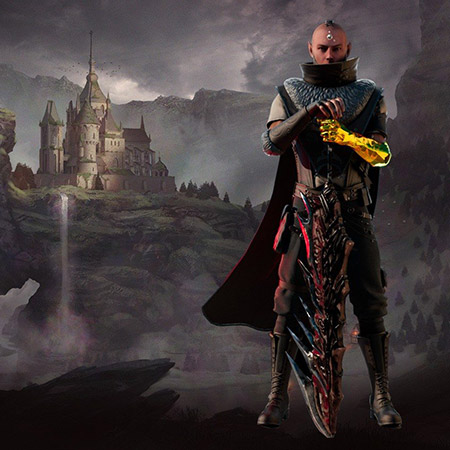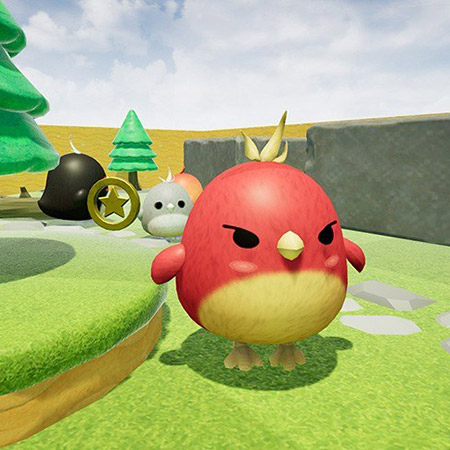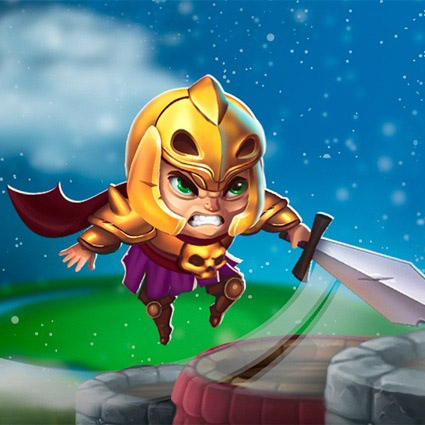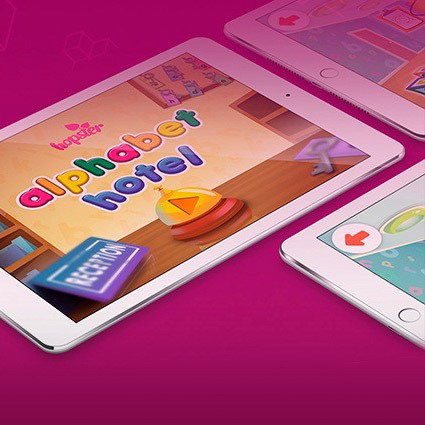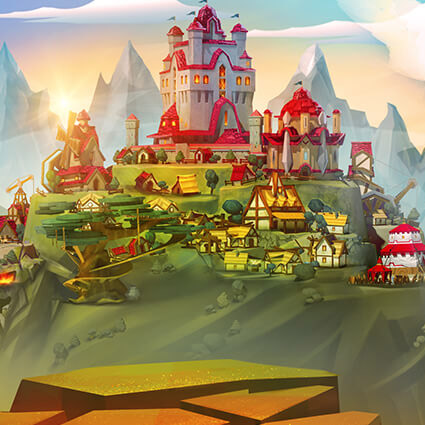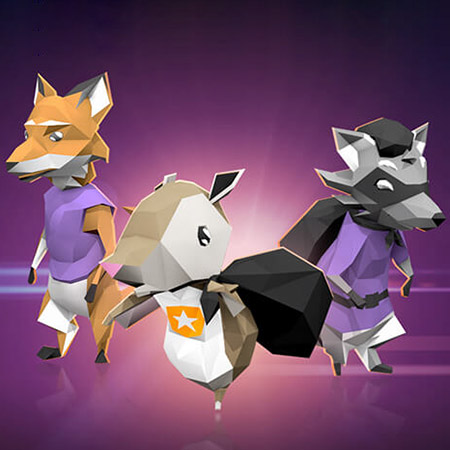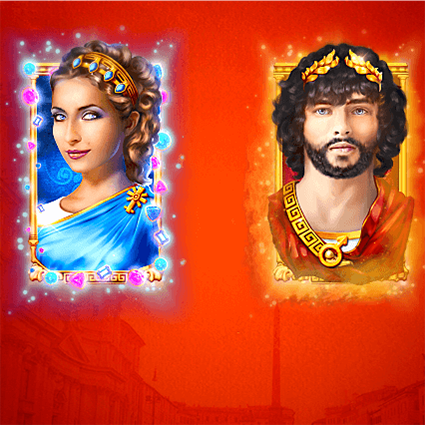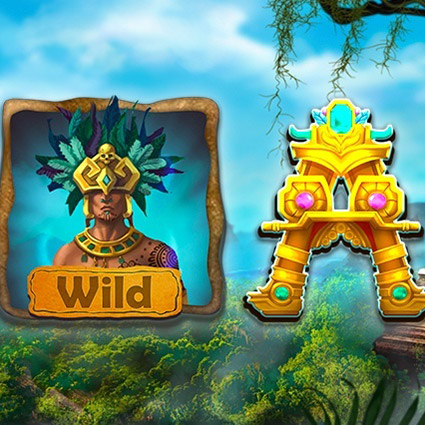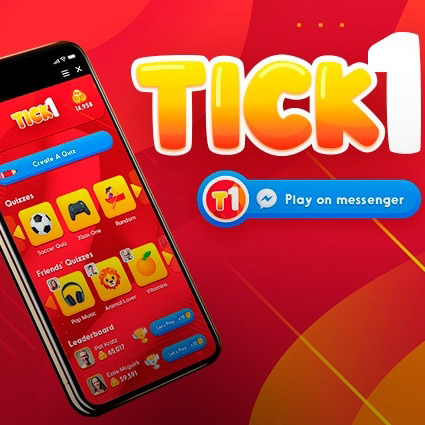Today the previous traditional approach to gaming gradually comes to an end, with players seeking new sources of inspiration and, more significantly, even income. That’s why more and more developers direct their gaze toward NFT game development, inasmuch as crypto games are built over the concept of GameFi and play-to-earn.
By allowing players to earn NFTs as they spend time in your game, you not only increase their engagement but also maximize the value. In light of present-day trends within the gaming industry, new Web 3.0 transformations, orientation to decentralization, and so forth, NFT products are turning into a global game-changing phenomenon.
Fortunately, this article is about to provide the answers to how to make an NFT game in Unity without putting all your resources at stake. Before searching for NFT game development services that suit your business needs, it’s always better to learn all the ins and outs of the industry. So let’s jump right in!
Looking for professionals to create an NFT Game?
Create an NFT Game in Unity in 3 Steps
Pre-production
Presuming you already know what NFT games are, we’ll directly plunge into the technical side. Mainly, it’s necessary to set up a server that will store your unique in-game items. Inasmuch as they occupy large amounts of data, you should better refer to cloud storage servers instead of regular blockchains. After that, you’ll need to write a script that generates smart contracts.
Front-end & back-end sections
Laying the groundwork, artists need to prepare a series of in-game assets that will be further linked to certain NFTs minted on a blockchain of your preference, be it Ethereum, Polygon, or Flow. As a rule, developers utilize a broad spectrum of software, including the engine itself, Visual Studio code editor, various plugins, etc. In turn, artists also make use of Adobe Photoshop, Illustrator, Blender, Substance Painter, and so on to create interactable assets.
Notably, both the front- and back-end parts of your game should be in progress simultaneously to ensure a balance between core mechanics and art. When your game system is connected to the blockchain, NFT assets as well as all the scripts must work perfectly in tandem. Also, make sure your future players will be able to easily link their crypto wallet (like MetaMask) to your game.
Marketing & release
Once developers finish up the entire system architecture, code all mechanics, and complete other back-end stuff, it’s time to launch the marketing campaign. Elaborating on commercials and ads, it’s essential to keep in mind shareholders’ interest. As soon as your future NFT game undergoes all testing sprints, and you attract sufficient investment to cover all the expenses, you are free to launch your product on any platform, whether it’s mobile, console, or PC.
Types of NFT Games You Can Create in Unity
Now as you already know how to create an NFT game in Unity, it’s high time we talked about game types and genres. Just like you can develop real-time strategies or arcade games in the context of traditional gaming, all these and many other genres can be used to make an NFT game. The differences imply an ability to earn cryptocurrency and function on a blockchain platform.
Since Unity is a powerful game engine with a wide variety of plugins and helpful tools, there’s a lot of NFT game types you can opt for in your project. When it comes to mobile gaming, one of the most widely used genres is strategy. Interestingly, the international mobile gaming market was estimated at $131bn in 2021. Hence, investing resources in mobile NFT games is a worthy undertaking thanks to accessibility of these devices.
Aside from genres, you can also experiment with gaming models. In addition to play-to-earn, there’s another NFT game type referred to as “click-to-earn,” developed for people who have primitive gaming skills and little leisure time to spend on entertainment. Whether you are willing to build a tower defense game or MMORPG in Unity, you can straightforwardly integrate blockchain and cryptocurrency even in an already-made product.
Advantages of Using Unity Game Engine for NFT Games
As opposed to other game engines, Unity has a lot of benefits to offer. Unlike Godot or any other game engine out there on the market, Unity provides a wide range of plugins, loyal community, supportive forums, decent graphics, and other essential perks that simplify the workflow. Furthermore, its UI is pretty straightforward and intuitive, meaning that developers quickly adapt to the software even if they have never used its functionality before.
Regarding the use of Unity for NFT games, the engine provides everything you may need to build a reliable product based on blockchain. Since the system underlying Unity is incredibly flexible, your players won’t ever struggle earning NFTs through gameplay or accessing them outside the game on a marketplace, let alone trade each token freely.
Moreover, Unity has been built as a cross-platform engine so you can create products for Windows, macOS, Xbox, PlayStation, VR/AR, etc. Considering the scalability prospects available for Unity developers, you can easily adapt your NFT game to new virtual environments and make changes even when the product is already finalized.
Other noteworthy advantages include:
Unity allows you to create 2D, 3D, and VR NFT games. All these options may come in handy when you work on a few projects simultaneously or want to integrate immersive technology into some of your finished games.
C#, a programming language supported by Unity, is famous for its compatibility with blockchain-based apps, implying that your NFT game will be more straightforward in terms of development and demonstrate greater performance.
The development pace of NFT games in Unity is faster compared to other engines thanks to a more user-friendly UI and low entry threshold for inexperienced developers. Therefore, Unity is one of the most used engines in the indie sector.
Unity vs. Unreal Engine in NFT Game Development
While both Unity and Unreal offer relatively similar options, there’s plenty of differences between the two. That’s why it’s so crucial to point them out before making the right choice. In theory, the use of Unreal Engine for NFT game development isn’t a bad decision at all, taking into account its free license for commercial purposes until your product reaches $1m in revenue. Isn’t it an attractive opportunity to seize? Well, don’t make rash conclusions.
Although Unity isn’t free for commercial use once your product earns more than $100k, it turns out to be more cost-efficient in the end, especially if you don’t need ultra graphics. Let us explain. Usually, NFT games heavily bet on performance and cartoonish graphics to attract a broader audience without causing mobile devices to explode from throttling.
In light of the GameFi philosophy, mobile games are merely more convenient because users can play their favorite game and earn profit wherever they go. That’s why NFT games shouldn’t be equipped with advanced, hyper-realistic appearance. Unity is a more helpful engine as it offers decent graphics and many optimization options to make your product as smooth as possible on any mobile device. Ultimately, developers will find it easier to work with Unity due to its intuitive interface.
Develop an NFT Game In-House or Outsource It?
To start with, there’s a high number of ways to develop an NFT game. In case you go with creating a platform in-house, you run across multiple issues, including hiring specific professionals like blockchain developers, keeping them constantly satisfied with working conditions, and dealing with burnout in the long run.
In contrast, once you opt for outsourcing NFT gaming platform development, your hands become free to work on more creative tasks like optimizing core game mechanics or creating a powerful backstory. Unlike technical hurdles, which you entrust to professionals, things like quests, stories, gameplay mechanics, and the rest will become more elaborate, considering they play a significant role in keeping players motivated as well as engaged.
The technical perspective is, in turn, responsible for ensuring that each game script works as expected, frame rate is smooth, and nothing is broken on the back end. What’s hidden behind the curtains shouldn’t bother either players or game designers involved in creative decision-making. Finally, by outsourcing NFT game development, you optimize your resources, save your in-house employees from burnout, and focus on core issues.
How Game-Ace Can Build an NFT Game for You
If you’ve already made a decision to create a successful NFT game with decent scalability prospects, the time has come to cherry-pick a custom game development company to cover your back. Well, luckily, Game-Ace is here to land you a hand in resolving any game-related issues you encounter on your way to success.
Having finalized various projects in the industry, we accumulated all the essential experience to provide turnkey full-cycle game development services for any platform. NFT games being no exception, Game-Ace can complete all the work and save a huge amount of resources. Merely contact us, and we’ll discuss all the aspects of your future product in great detail.

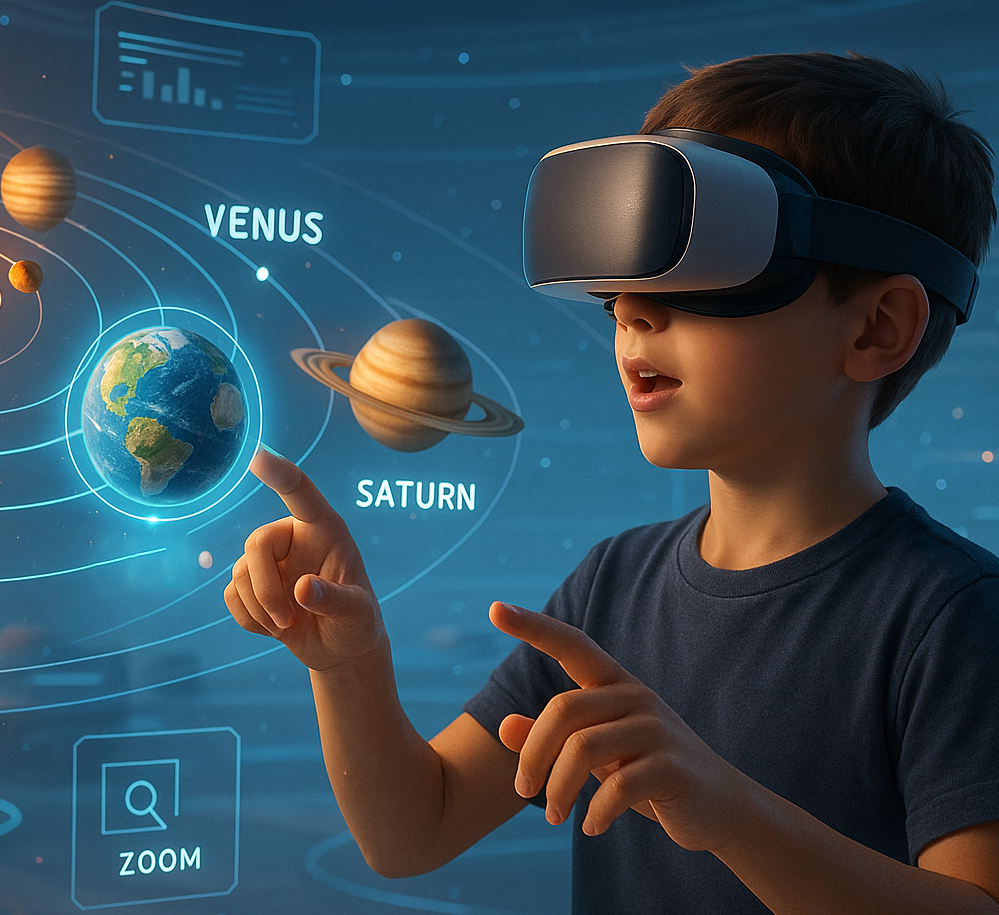 How to Design Learning Games That Teach Real-World Skills to Young Learners
How to Design Learning Games That Teach Real-World Skills to Young Learners 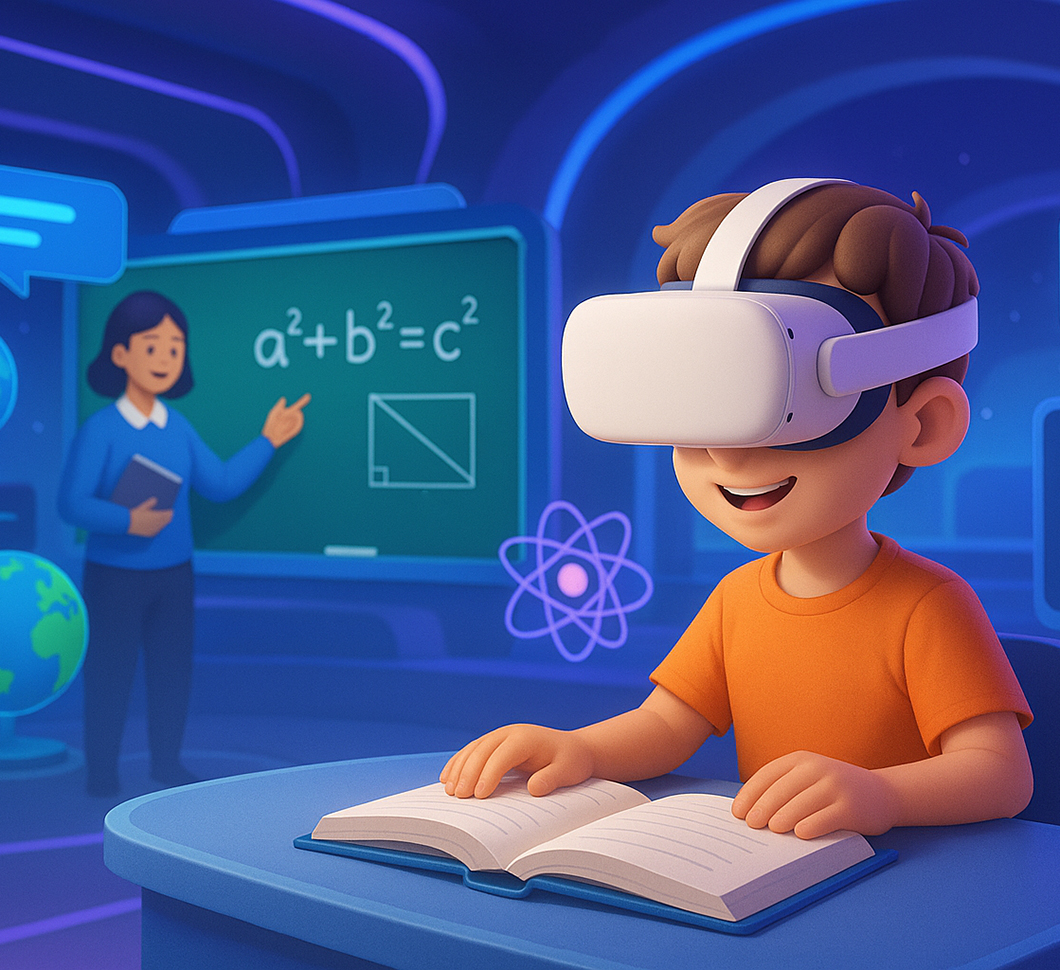 Level Up Learning: How Game-Based Learning Drives Real Results
Level Up Learning: How Game-Based Learning Drives Real Results 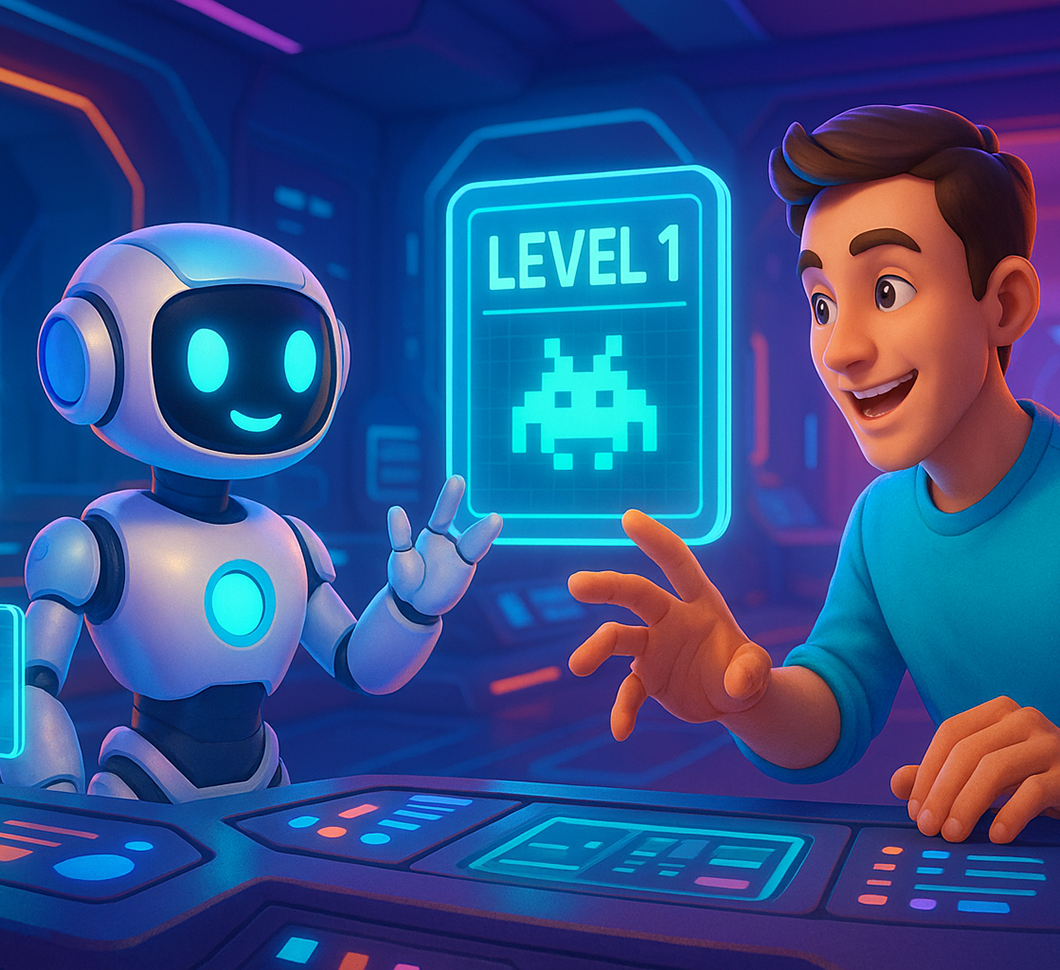 AI Game Assistant Integration for Smarter, Player-Responsive Games
AI Game Assistant Integration for Smarter, Player-Responsive Games 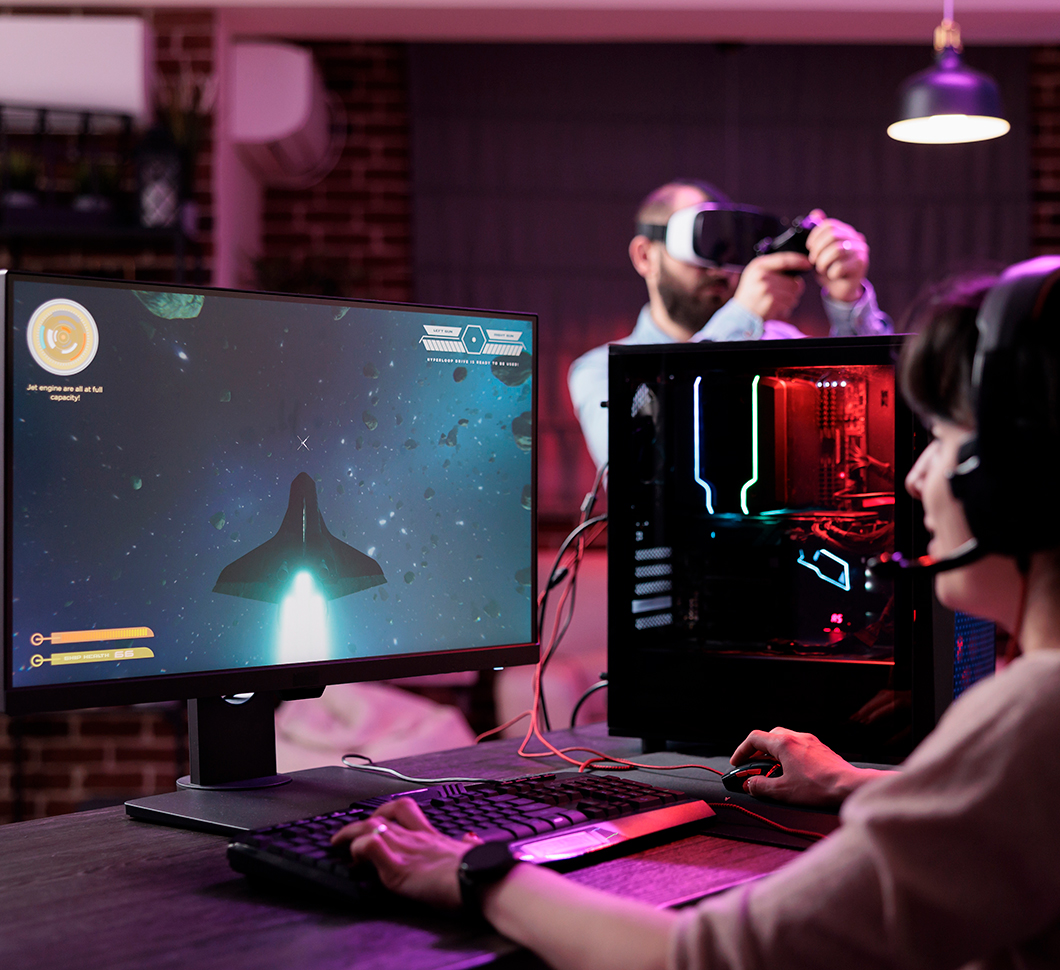 Beyond Reality: What Is a Simulation Game and Why It Matters Today
Beyond Reality: What Is a Simulation Game and Why It Matters Today 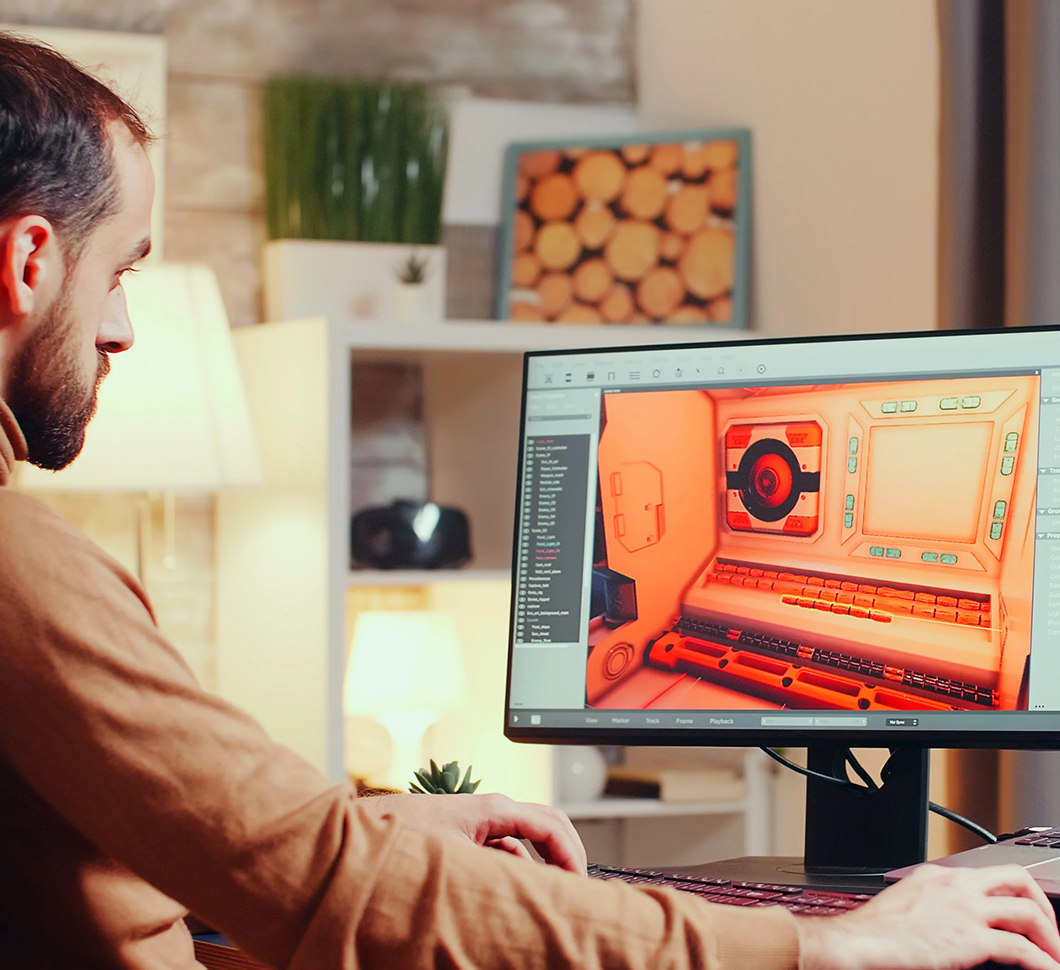 Proof of Concept Game: The First Step Toward a Full-Scale Game
Proof of Concept Game: The First Step Toward a Full-Scale Game 